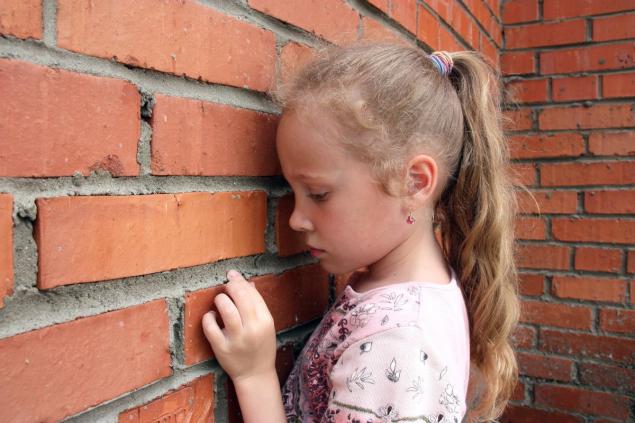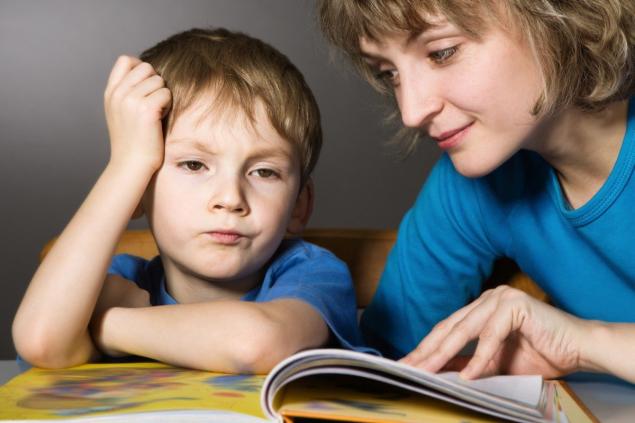147
What if a child isn't a soldier following orders?
There are different communication stylesBut younger parents are more likely to choose the one their moms and dads used. But how right is that? And what style of communication best affects both the relationship within the family and the formation of the personality of the child?
Today's edition. "Site" Learn more about possible parental behaviors. And also ask what the famous psychologist Dmitry Karpachev thinks about this.

Styles of communication with children
Dmitry Karpachev says that about 80% of parents choose authoritarian style. And therefore often communicate with the child in teams, as if with a soldier. But a child is not a soldier!
The question arises: how much do you, parents, love it when someone talks to you in an orderly tone? The kids don't like it either. So they disagree – rebel, misbehave. This is their response to the fact that adults are in no hurry to control themselves, their actions, or their speech, the psychologist said.

The expert believes that all authoritarian parents who are used to talking to their child in high tones should reconsider their beliefs. After all, the command tone is one of the most serious parental mistakes. And such a “loud” education will not give a good child.
Today's edition. "Site" Learn more about possible parental behaviors. And also ask what the famous psychologist Dmitry Karpachev thinks about this.

Styles of communication with children
- Authoritarian style
Parents like to control and demand. They push the child into a rigid framework and decide for themselves that he is better. The child does not have the right to vote, he is not allowed to choose, his rights are not recognized.
However, with this approach, the influence of parents will weaken as the baby grows up. There are no other methods of influence, and therefore in adolescence children suddenly become uncontrollable.
Psychologists with this approach to parental duties strongly recommend taking into account the desires of the child more often, not to suppress his initiatives. Sometimes it is important to put yourself in the place of a child!
Any prohibitions and penalties should be justified and discussed with the child in advance. It is necessary to respect the personal space of the child, as well as his right to choose friends, clothes, music and other things.
- Permissive style
Allowing a child to do what he wants, parents do not do the best. Such mothers and fathers not only do not interfere, but also do not help to develop. They seem to show disinterest and indifference in education. What are the consequences? Often such children grow up irresponsible, do not know how to keep their word, feel permissive. They are indifferent to the problems of loved ones, are not able to support and help, do not know how to build warm relationships in adulthood.
Experts insist that it is necessary to build a system of prohibitions and actively engage in the life of the child. Involve the child in the affairs of the family, be interested in the opinion of the child, emphasize its importance not only by words, but also by deeds.
- Democratic style
A balanced approach, when parents are actively involved in the affairs of the child, gives him a certain freedom, but do not forget to set adequate demands. As a result, the child develops under the strict control of parents, which gives a good result. However, this style is not always equally effective. Therefore, in conflict situations, parents can act in an authoritarian style, and sometimes give the child more freedom. However, such inconsistency can confuse a child and make mom and dad in his eyes unpredictable people.
Dmitry Karpachev says that about 80% of parents choose authoritarian style. And therefore often communicate with the child in teams, as if with a soldier. But a child is not a soldier!
The question arises: how much do you, parents, love it when someone talks to you in an orderly tone? The kids don't like it either. So they disagree – rebel, misbehave. This is their response to the fact that adults are in no hurry to control themselves, their actions, or their speech, the psychologist said.

The expert believes that all authoritarian parents who are used to talking to their child in high tones should reconsider their beliefs. After all, the command tone is one of the most serious parental mistakes. And such a “loud” education will not give a good child.
For what signs will the year of the White Metal Bull be successful and unforgettable?
Why Julia Vysotskaya is looking for forty cloves of garlic for cooking chicken




























